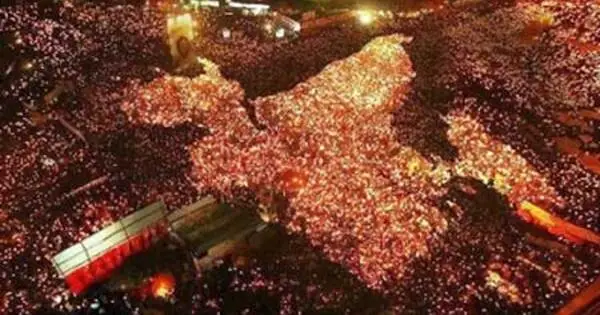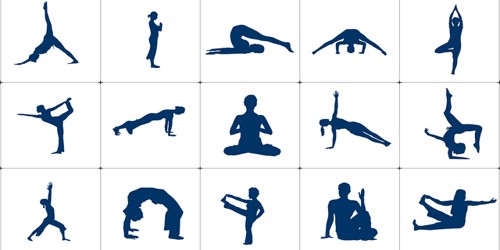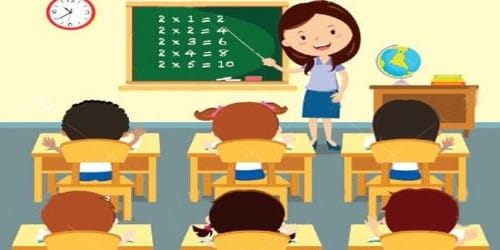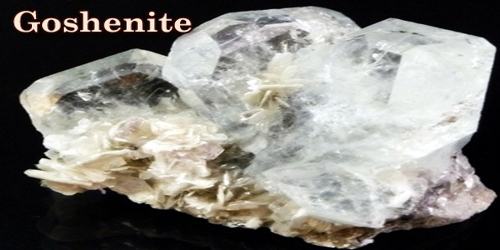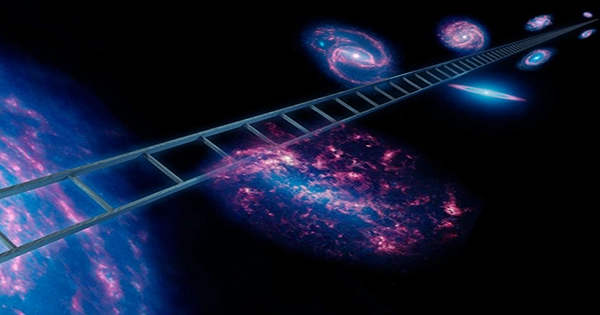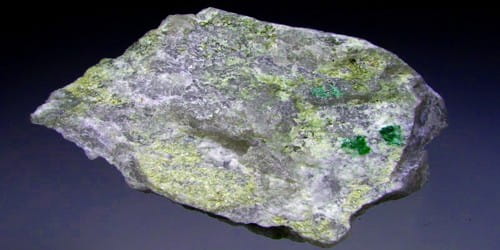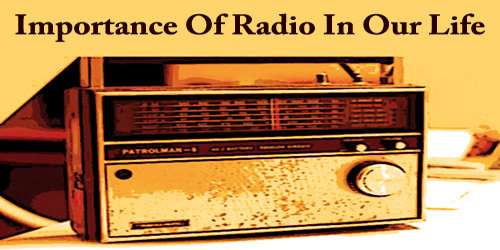According to the poet, during the Liberation War period, many freedom-loving people, including countless freedom fighters, laid down their lives for the liberation of today’s Bangladesh, which was as pure as gold. Many mothers, sisters, and others gave up their virginity on the oppressive altar of the then-Pakistan occupation government and army, and many of our intellectuals are still missing. Then, after Bangladesh’s independence, much water has passed through our rivers; many governments have come to and gone from power, but anti-freedom personalities have so far escaped prosecution.
Of course, the present Awamileague-led government has started the trial. Mentionable that the International Tribunal, for this purpose, was formed in 1973 by Sheikh Mujibur Rahaman. But with time the whole process was foiled. However, now the same tribunal has been formed to bringing the anti-human activists under trial. The countrymen hope that there will be shown transparency in the trial process.
History/Retrospection
When the Pakistan Govt. high officials rejected Bangabandhu’s six points, the demand for freedom in the sky of East Pakistan, now Bangladesh, arose. After the failure of all sittings and discussion between the two opposite sides (West Pakistan & East Pakistan) West Pakistan rulers chose the crooked path by violating the result of National Election, 1970 to subdue us; at the black night of 25 March, 1971 the West Pakistan hyenas fell upon our mild and unarmed people. Of course, they first invaded Rajarbagh Police Lines, Dhaka. As a result, many policemen there lost their lives and the whole of the Bangalees had to hear the call of independence from the Kalur Ghat Radio Centre, Chittagong, and the declarer was Major Zia who declared (27 March) under the leadership of Sheikh Mujibur Rahaman.
Worth mentioning that before it Sheikh Mujibur Rahaman hinted about the declaration of freedom in his lecture at the then Race Course Maidan, Dhaka; now Suhrawardy Uddayan. It is also mentionable that another source (Awamileague-led Government) claims M.A. Hannan as the declarer of freedom. However, throughout the nine-month blood-curdling war we lost three million lives irrespective of a child, teenager, young and old; our two lac mothers and sisters lost their chastity; many women like Anna Kayser and Suchanda quest back their husbands still today. On 16 December 1972, we achieved freedom, but in the meantime, we had to pay a lot to gain freedom. In the post-liberation period, the proposal for the trial of war crimes and war criminals was posed on from various angles of free Bangladesh. For this reason, on 24 January 1972, “Bangladesh Collaborators Special Tribunal Order, 1972” was enacted given taking the war criminals under trial. Later, on 20 July 1973, the “International Crimes (Tribunal) Act” was enacted.
Through this Act, it was instructed that the war crime collaborators of the Pakistan Army will be taken under trial. But, the whole process falls victim to political mess afterward. However, though the trial matter was behind the screen for a long, the grand alliance (Awamileague-led alliance) came to power in 2009 and started activities related to war-crime trials. On 25 March 2010, they formed International Tribunal and a probe commission, and a lawyer panel; all these were notified. Given trying war crime, a grand alliance led government, according to the 9th and 6th sections of the International Crime (Tribunal), 1973, formed a three-member tribunal under the leading of justice Nejamul Hague. Another two members were justice A.T.M. Fazley Kabir and retired district judge A.K.M. Jahir Ahmed. Besides, the seven-member probe committee is being led by the ex-additional secretary Abdul Matin. The lawyer panel is being led by the Public Prosecutor Golam Arif Tipu. At present, to create flow in the trial two tribunals are working. It is noted, the first tribunal was formed on 25 March 2010 and the second one on 22 March 2011.
Wrong information
It is undeniable that tribunals have been formed to try both war crimes and war criminals. Those who are engaged in crimes during a war may be war criminals, but it is not sure that they (the arrested leaders of Jamat-e-Islam) are war criminals. If the criminals are a direct side of the war and in this situation, if they do the crime, they are called war criminals. In this sense, it can be said that, in Bangladesh, the trial of war criminals is not going on, rather the trial of the anti-human activities during the war is going on, and the tribunals also say such. The arrested leaders are no direct side of the war in 1971. But it is a matter of pathos that almost all media of Bangladesh always spray a rumor in the air by publishing the word war criminal’; even some conscious figures on duty in the related sector use this word. At this, trial activities are greatly influenced, the general people trow. Therefore, the media should be alert about the con-fusing reporting for the sake of public interest.
Response to the trial
Regarding the response to the trial, there has been raised a storm of hue and cry all over the world. Now, in this case, some foreign lands are no less lagging. First, let us come to our home concern. Almost all the leaders, activists, and supporters of the grand alliance want a trial. In the election manifesto of the Awami League, there was a mention of the trial, it was they’re one of the main election agendas. So, they, coming to the power, have started the trial, and their supporters are virtually happy at this. But some leaders of the Jatya Party, an Awamileague-led govt. partner is not so sonorous with the trial. Even a notable number of Awamileague supporters hesitate at this as some of their leaders are alleged for anti-human crimes by many contemporary people of the Liberation War. For example, Bango Bir Kader Siddiki, a bonafide and bombastic Awamileague leader of old, claim many including the Home Minister Mohiuddin Khan Alamgir to be `rajakar’.
Again, an Upazila president of Brahman Baria Awamileague has been accused of anti-human activity during the war by the authorities concerned, and a charge sheet against him has already been submitted. And again, all the govt. anti-party leaders, activists, and sup-ports also support the formation of the Special Tribunal, but they suspect whether the trial process will be manipulated or not. Now is the turn of foreign belts. The USA, Turkey, China, Egypt including some other middle-east countries are aware of the trial process; almost each of them has opined about our trial process. The US diplomat Dan W Majina remarks that the USA wants a trial, but it must be based on transparency; Turkey diplomat has talked about it. The Home Minister has already visited Egypt to convince them; the Foreign Minister visited Russia. The unscheduled foreign tour of our govt. high officials do not denote a positive atmosphere in the country now.
Anti-human activities
Before going to anti-human activities it admits of discussing the organizations involved with the activities above. The organizations are as follow;
Peace Committee: During the Liberation War of 1971, on 10 April the Peace Committee organized to help the Pakistan administration. Next, the Committee being emerged in Dhaka began branching to the `maffutsal areas of East Pakistan, that is, Bangladesh.
Rajakar: It is a semi-military regiment that would help Pakistan Army during the war. It was formed in May 1971. Its members were 50000 in number. `Rajakar’ generally oppressed the villagers who supported the Liberation War.
Al-Bodor: Al-Bodor, organized in August 1971, would launch religious activities. The regiment would run barbarism against the people, confident in the Bangali nationality. They killed many intellectuals of our soil. Mirpur Shamble Gate is its glaring example.
Al-Sams: Al-sams is a symbol of fanaticism. Some fanatic political parties and people organized this regiment to intimidate illiterate people about religion. Al-sams was a killer organization. Above regiments, alongside
Pakistan Army was engaged in doing 53 kinds of crimes among which the most specified five sorts of crimes are as follow;
- in the name of “operation search light’ indiscriminate killing of 50000 Bangalees at Dhaka on 25 and 26 March 1971,
- loot, rape, setting fire, and countrywide killing,
- during the Liberation War, preplan killing of the intellectuals, professionals, students, and social workers, and arranging mass graves for them.
- raping and repressing of thousands of Bangali women, and
- killing, raping, and repressing the Hindus to root out them from this country.
Challenges
There are some challenges in the way of the inhuman activities during the war. These are maybe as follow;
Political challenge: The arrested figures are the leaders of some political parties so that political pressure from their corner must come. Besides, some Awami league leaders also suspect this trial.
Administrative challenge: Administrative challenge is a great handicap for the trial. Lots of chairpersons in the present administrative sectors are nominated or appointed by the ex-government, so the trial procedure may be biased.
Security challenge: The judges related to the trial feel the dearth of security so that to declare a proper verdict may be hard for them.
International pressure: Some friend states like Egypt, the USA, and Turkey warn that the trial process can be called into question. In this way, the government is under frequent pressure internationally.
Judgments
Four judgments or verdicts have been declared so far. The verdict about Abul Kalam Azad (Bacchu) was first declared in his absence; he was sentenced to death. Then came the turn of Abdul Kader Mollah (Jamat-e-Islam leader) who was also given capital punishment.
Moulana Delwar Hossain Saidy has also been sentenced to death for two crimes though eight crimes brought against him have been proved to be justified. Kamaruzzaman’s verdict is the latest one so far. The verdict is the same as above.
Conclusion
A war crime is an international crime. Now it is under the International Human Rights Act. After the Second World War, any crime against peace and humanity has been termed a war crime. War crime, all over the world, has taken place in different shapes in different countries. Again, to try the crime different tribunals have been formed. The remarkable tribunals may be Nuremberg Tribunal, Germany; Tokyo Tribunal, Japan; Yugoslavia Tribunal, Yugoslavia and Rwanda Tribunal, Rwanda. These trials gave different verdicts such as death sentence, life term imprisonment, and imprisonment for different tenures. But in Bangladesh, given verdicts have been the same so far. So-called Gonojagoron Stage of Shahbag demands supreme punishment against the anti-human criminals; ‘Ghatak Dalal Nirmal Committee’ and the Combined Cultural Alliance are not aloof as well; they are always running propaganda taking an indirect brake from the Awamileague-led government side. At this, it is natural that the trial process will be influenced more or less.
Information courtesy: ghior.com
